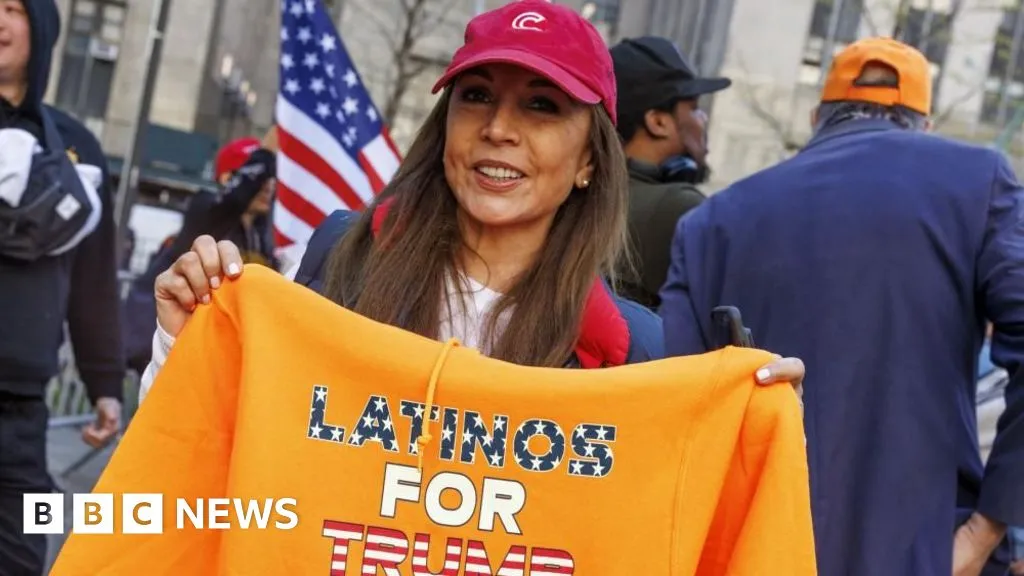- cross-posted to:
- bbc@rss.ponder.cat
- cross-posted to:
- bbc@rss.ponder.cat
Summary
“It’s simple, really. We liked the way things were four years ago,” said Samuel Negron, a Pennsylvania state constable and member of the large Puerto Rican community in the city of Allentown.
Donald Trump achieved a decisive victory over Kamala Harris, capturing key demographics that traditionally supported Democrats. He gained substantial support from white working-class voters, saw a 14-point increase among Latino voters, and performed better than expected with younger voters, especially men.
Economic concerns, particularly inflation, were central to Trump’s appeal, with voters across states like Pennsylvania, Michigan, and Wisconsin favoring his promises of lower prices and stricter immigration policies.
Harris struggled to retain support in diverse and working-class areas, as voters blamed Democrats for economic hardships.



You liked living in a crumbling economy riddled with mass unemployment and caused by a fumbled pandemic response that resulted in thousands of preventable deaths? Because that’s where we were 4 years ago. That’s the economy Trump gave us the first time.
Trump’s policy was just juicing the system for short term gain which can go on for quite a while in good times but when you’re at 0% interest already at the START of a pandemic and economic crisis it’s obvious you’ve been much too irresponsible with the economy.
just a reminder. interest rates at the end of obamas last term where 3 or 4 percent and not zero the way they were when covid hit. I recall someone on tv complaining a lot about the fed trying to ruin his economy.
Millions, and it’s still climbing thanks in large part to his decision to politicize public health.
It turns out that trying to fix a problem is more memorable than causing said problem. Interesting, but not terribly surprising given the long running joke that American voters have very short attention spans